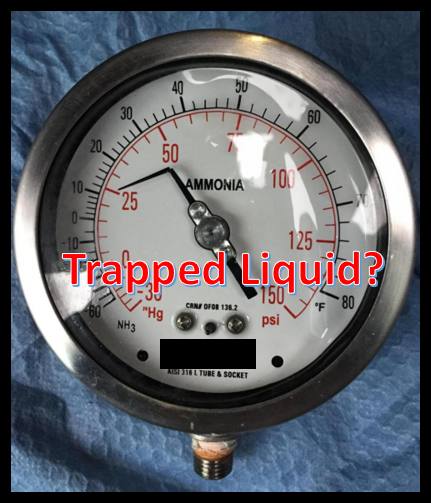Technical Safety of BC just releaed their investigation to Langley. “Oil was not being sufficiently removed from the refrigeration system following a change in compressor output setting. On October 23, 2018, an overload failure of the ammonia pump occurred and was suspected to be a result of oil contamination. Once service was restored to the refrigeration system, performance of the evaporators was suspected to be affected by oil contamination. The evaporator at one of the chambers was being supplied through a hand expansion valve set to the full open position, leading to a condition where liquid ammonia had flooded the evaporator and associated piping. Troubleshooting of the evaporator performance included isolating the component between valves, without pumping down the liquid ammonia. Ruptured evaporator (also referred to as heat exchanger or cold trap) released estimated 485 to1,500 lbs of ammonia from refrigeration system and resulted in an extensive area evacuation for two days.” Read the full investigation report at this link Hydrostatic Expansion Incident Investigation.

The article was released from Technical Safety BC and this is the link to their posting. Technical Safety BC is an independent, self-funded organization that oversees the safe installation and operation of technical systems and equipment across the province. In addition to issuing permits, licences and certificates, we work with industry to reduce safety risks through assessment, education and outreach, enforcement, and research. Unfortunately this accident took place but thankful no significant injuries. Hopefully we can make sure that our own process look into this accident of trapping liquid ammonia and its effects. Does your current PHA and SOPs reflect the dangers of liquid trapping? We encourage to read Technical Safety BC’s investigation at earlier links.


